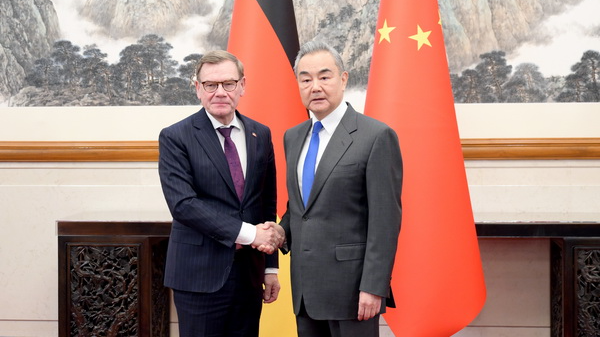The Chinese mainland surprised many in the first quarter of 2025 with a robust 5.4% year-on-year growth, thanks to a surge in retail and industrial activity. Retail sales soared by 5.9% in March – the fastest pace in over a year – far exceeding the 4.3% forecast, while industrial production jumped 7.7%, showcasing a vibrant recovery in factory activity. 🚀
Experts like Huang Zichun from Capital Economics note that continued policy support, including expanded fiscal spending and potential monetary easing, could further bolster domestic demand. Xu Tianchen from the Economist Intelligence Unit described this performance as "a very good start," crediting government measures for sparking a boost in consumption and investment.
There are also positive signs in fixed-asset investment (excluding property), with data pointing to a recovery bolstered by rising excavator sales and usage. Senior strategist Xing Zhaopeng at ANZ mentioned that strong domestic and external demand is gradually closing the output gap. Meanwhile, technological innovation, private sector confidence, and resilient foreign trade are clear drivers behind this surge.
On the flip side, some analysts remain cautious as trade tensions and external pressures may challenge future growth. Economists like Ryota Abe from SMBC and portfolio manager George Efstathopoulos from Fidelity International suggest that while a dramatic stimulus may not be necessary, carefully calibrated policies will be key to sustaining this momentum. Energy sectors also saw notable gains, with nuclear power generation up by over 20% in March and cross-border platforms like DHGate trending after viral TikTok promotions, coupled with impressive daily gains for logistics firm CTS International. 🔥
This upbeat Q1 performance not only reflects strong domestic demand but also highlights the dynamic interplay between policy support and market resilience in the Chinese mainland's economic landscape.
Reference(s):
China's 5.4% Q1 growth beats forecasts, analysts see resilient demand
cgtn.com




